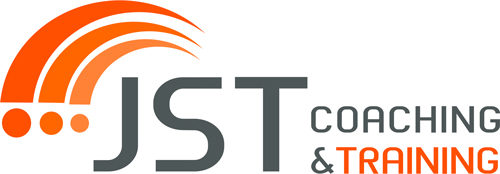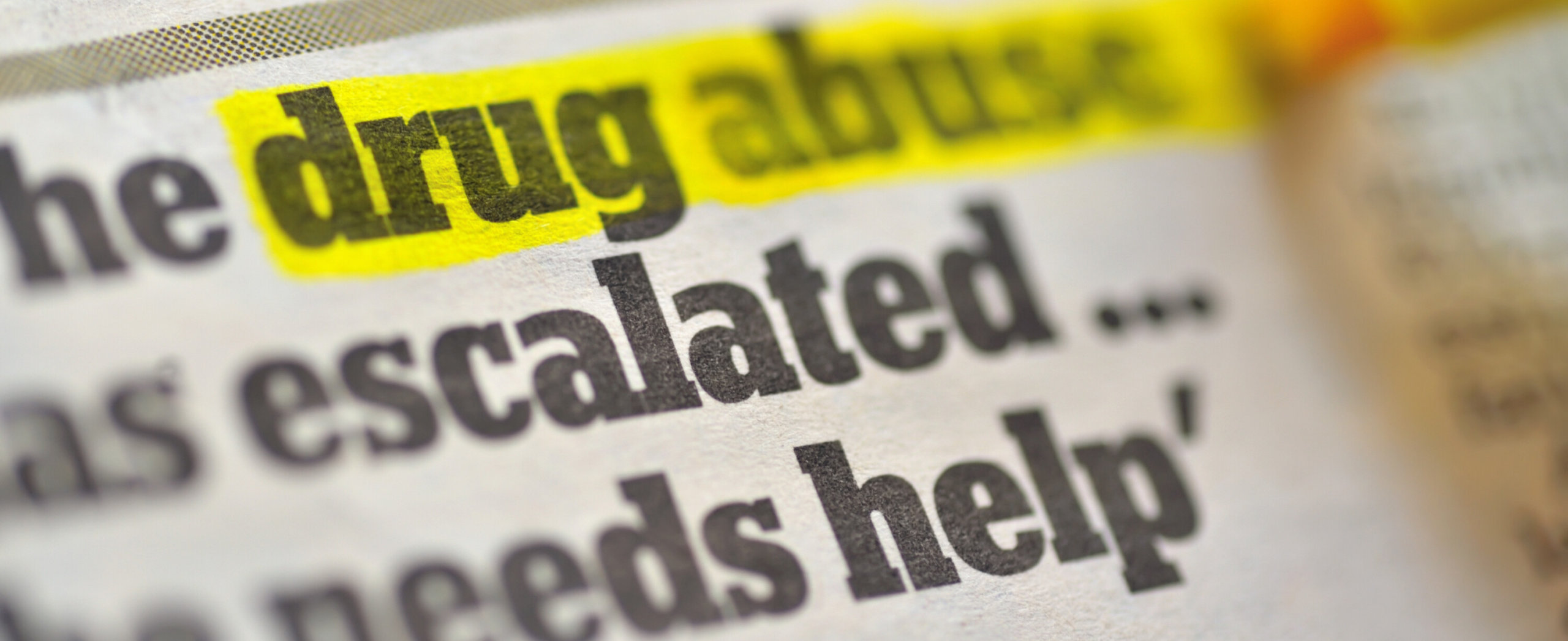In 1987, the United Nations designated June 26 as the International Day Against Drug Abuse and Illicit Trafficking. The purpose was to demonstrate their determination to
increase global action and attain a society free of drug abuse.
Fast forward 32 years and we are still reading daily news reports of drug overdoses, alcohol poisonings and sudden sniffing death syndrome, essentially an abrupt death caused by inhalant abuse, by teens and young adults. According to the Center for Disease Control (CDC), “almost 400,000 people died from an overdose involving any opioid, including prescription and illicit opioids from 1999 -2017” and those numbers appear to be on the rise. Personally, having lost a child to an accidental overdose four years ago this month, I am acutely aware of the fact that anyone can be a “statistic” and tragedy does not strike far from home for ANY of us.
Teens and young adults with ADHD and executive functioning issues are often unable to regulate impulses and emotions which increases the chances of making a deadly mistake. Proper diagnosis, treatment – including medication when needed – coaching and family education can be deterrents. In my coaching practice for the past 22 years, I have been fortunate to coach young people towards success and positive outcomes by helping them develop skills to curb impulsivity and increase self-awareness. Although my son did not achieve that same positive outcome, I still maintain great hope in the power of the coaching process. In my son’s case, he was not properly diagnosed and despite our best efforts, he died at the young age of 27. He is the perfect example of a smart kid from a “good family”, who played team sports, had friends, didn’t get in trouble at school so, according to most doctors at the time, “he couldn’t have ADHD, depression or issues with impulsivity. He did not fit the profile.” Right? TRAGICALLY WRONG.
There is an abundance of well-founded information available for families about the link between substance abuse and ADHD/EF. Coaches who are professionally trained to coach teens and young adults with ADHD and EF issues are skilled at coaching around issues of impulsivity and self-regulation to help young clients become aware of their tendencies to act before thinking and to learn how to shift their behaviors for better decision-making and greater self-awareness.
I know all too well that teens and young adult children don’t like to listen to their parents. They see themselves as grown up and ready to be independent while viewing us as over-reactive, over-protective beings. I encourage you today to share information on the risks of substance abuse with your teens and highly recommend that you and your teen seek out a coach who can be an objective partner in the process of increasing self-regulation, impulsivity and self- determination. *
* Coaches are ethically bound to refer clients to the appropriate medical or mental health
provider. We are part of a multi-modal treatment plan designed to support young people with
ADHD and we are NOT trained to coach around substance abuse.

